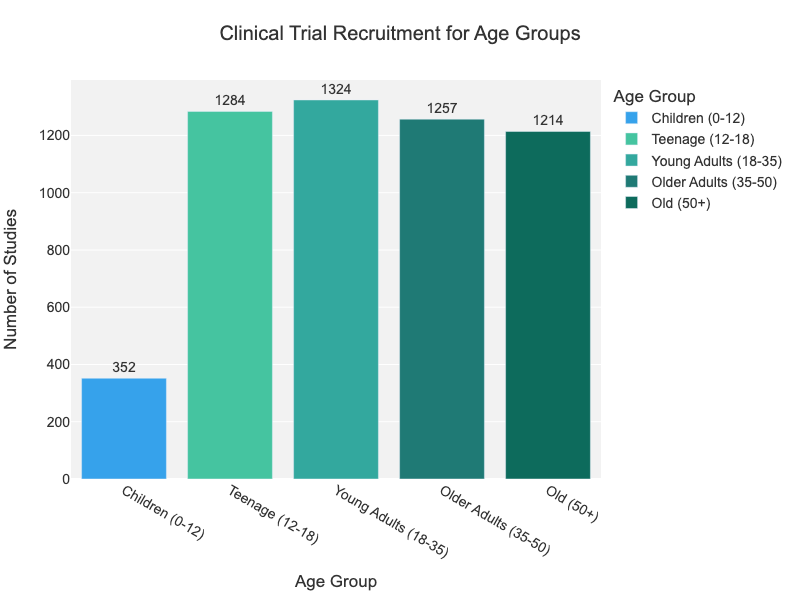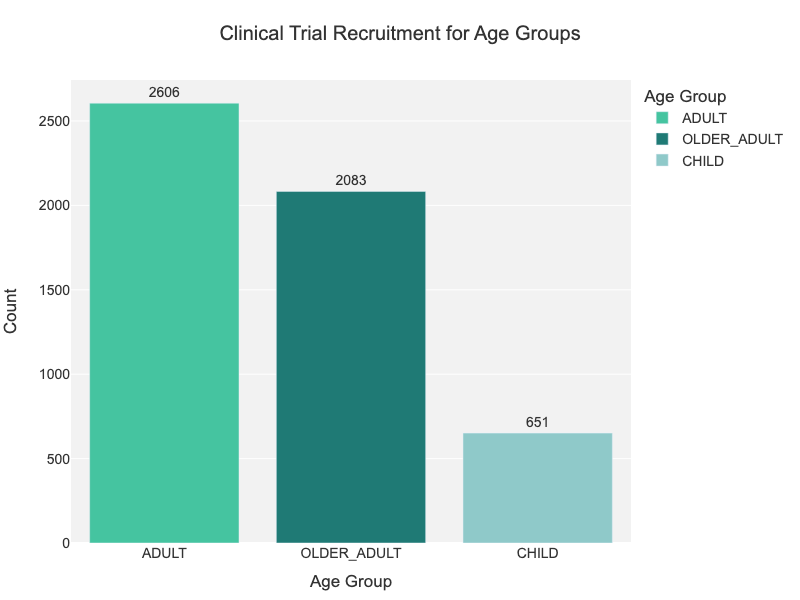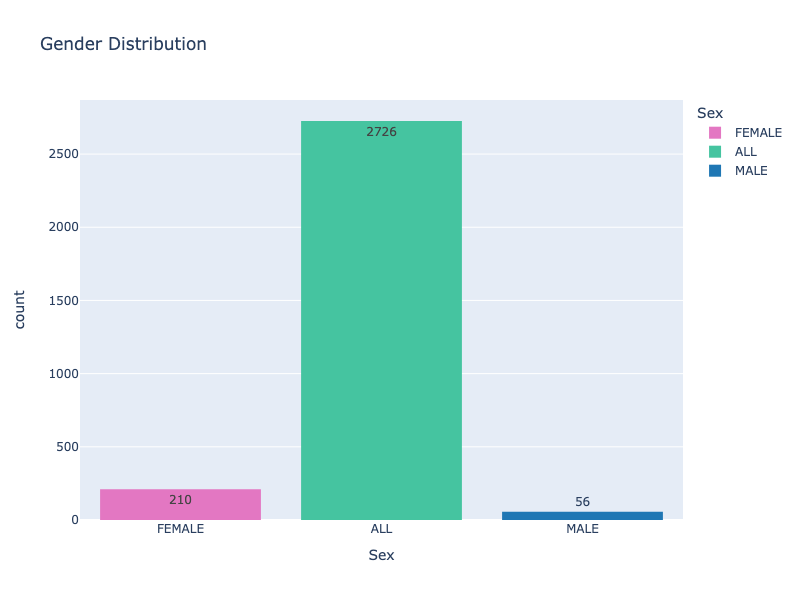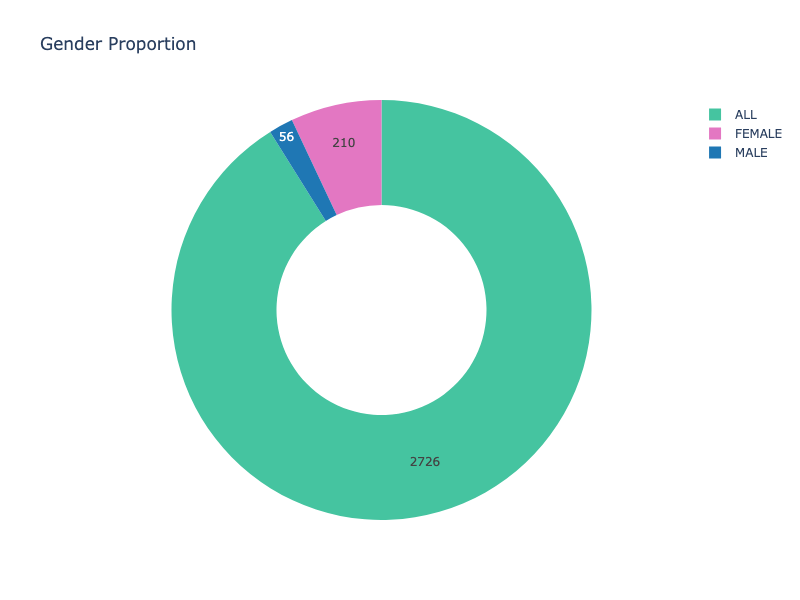A mental health disorder, also known as a mental illness or psychiatric disorder, is a condition that affects a person’s thinking, feeling, behavior, or mood in ways that impact their daily functioning and quality of life. Mental health disorders can vary widely in terms of severity and duration, ranging from mild conditions that cause temporary distress to chronic and severe disorders that significantly impair a person’s ability to function in everyday life.
Welcome to the
Mental Health
Community
Welcome to our journal. Here you can find the latest Clinical Trials insights and articles.
Join Upcoming Event

Mental health disorders encompass a wide range of conditions that affect a person’s thinking, mood, behavior, and emotional well-being. These disorders can vary in terms of severity, symptoms, and how they impact daily life. They are categorized into different types based on their causes, symptoms, and treatment approaches.
Mental health and neuroscience are deeply intertwined, as mental health disorders often stem from underlying biological, chemical, and neurological processes in the brain. Neuroscience, the study of the nervous system, provides critical insights into how the brain’s structure and function influence behavior, emotions, and cognition, all of which are central to mental health.

Cognitive neuroscience is a branch of neuroscience that explores the biological processes and neural mechanisms underlying cognition — the mental functions that allow us to perceive, think, remember, and make decisions. This field merges insights from psychology, neuroscience, and cognitive science to understand how brain activity gives rise to cognitive processes such as memory, attention, language, problem-solving, and emotions.

Mental health awareness refers to the efforts made to educate and inform individuals and communities about the importance of mental health, reduce the stigma surrounding mental health disorders, and encourage people to seek help when needed. It involves raising awareness about the signs, symptoms, and effects of mental health conditions while promoting open conversations to create a supportive environment for those experiencing mental health challenges.

Maintaining good mental health is essential for overall well-being, productivity, and quality of life. Just as we take steps to care for our physical health, it’s important to adopt practices that nurture our mental and emotional well-being. Whether you're looking to prevent mental health issues or manage existing conditions, there are numerous strategies that can help improve mental health.
The 5 R’s of Mental Health refer to a set of guiding principles that help individuals manage, maintain, and improve their mental well-being. These five pillars focus on promoting self-care, resilience, and emotional balance. By following the 5 R’s, individuals can create a solid foundation for mental health, whether they are dealing with stress, anxiety, or other mental health challenges.
Psychopathology is the scientific study of mental disorders, including their symptoms, causes, and treatments. It refers to the study of abnormal behaviors, thoughts, and emotions that may indicate the presence of a mental illness or psychological dysfunction. Psychopathology seeks to understand the nature of mental health disorders by examining the biological, psychological, and social factors that contribute to them.

Yes, neurologists can treat certain aspects of mental illness, particularly when the mental health condition is linked to or caused by neurological disorders. While neurologists primarily focus on disorders of the nervous system — including the brain, spinal cord, and nerves — their expertise often overlaps with the treatment of mental health issues that have a neurological basis.
The #1 most diagnosed mental disorder worldwide is anxiety disorder. Anxiety disorders, including generalized anxiety disorder (GAD), panic disorder, social anxiety disorder, and specific phobias, affect millions of people globally. It is estimated that around 264 million people worldwide suffer from anxiety disorders, making them the most prevalent mental health conditions.
Mental disorders encompass a wide range of conditions that affect thoughts, emotions, behavior, and overall mental well-being. Each mental disorder presents its own specific set of symptoms, but many disorders share common signs that indicate an individual's mental health may be compromised. Recognizing these symptoms is important for early intervention, diagnosis, and treatment.

Yes, mental illness can have a genetic component, meaning that it may run in families due to inherited genetic factors. However, the relationship between genetics and mental health disorders is complex. Mental illness is typically influenced by a combination of genetic, environmental, and psychological factors. While having a family history of mental illness can increase the risk of developing a mental health condition, it does not guarantee that someone will inherit the disorder.
Schizophrenia is widely regarded as one of the most disabling mental illnesses due to its profound impact on a person's ability to function in daily life. Schizophrenia affects thinking, perception, emotions, and behavior, making it difficult for individuals to maintain employment, relationships, and independence. It is a severe, long-term mental health disorder that affects about 20 million people worldwide.
There are numerous therapies available to help individuals manage and overcome mental health disorders. Each type of therapy uses different techniques and approaches to address a wide range of psychological issues, including anxiety, depression, bipolar disorder, PTSD, and more. The type of therapy that is most effective can vary depending on the individual and the nature of their mental health condition.